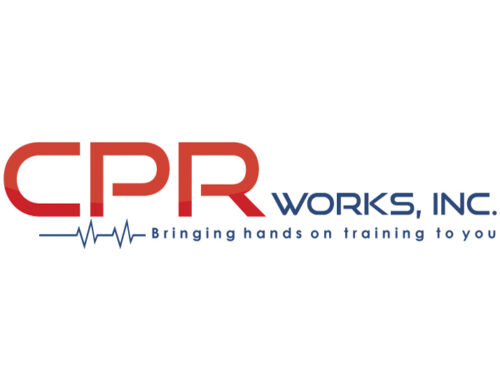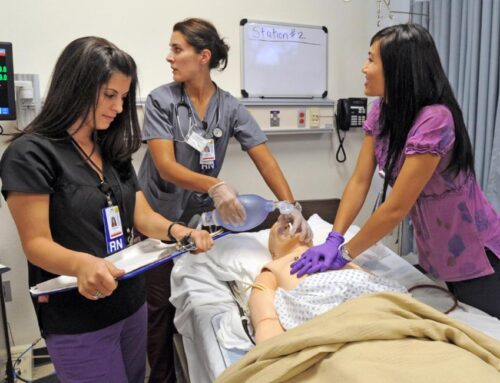In this article we go over A.I. Predicting Sudden Cardiac Events.
Artificial intelligence (AI) shows potential progress in predicting and preventing sudden cardiac events, a study from France shows. Researchers have discovered promising information by using artificial intelligence to analyze electronic health records. The study, conducted in Paris, France, and Seattle, Washington, included 25,000 people who experienced sudden cardiac death and 70,000 people who were hospitalized for heart attacks but did not die. This large pool of people allowed the researchers to create personalized health scores using an artificial intelligence algorithm aimed at identifying people at high risk of sudden cardiac death.
A specific health index has become a means of identifying the unique characteristics of an individual; This is an important factor that can influence disease prevention strategies. AI-powered analysis has reached an unprecedented scale by eliminating many medical factors, including history of medical conditions such as high blood pressure, patterns of heart disease, and mental and behavioral disorders such as alcoholism. It painted a comprehensive picture of each individual by identifying specific risk factors and risk factors for sudden cardiac death over time.
The research team’s new method went beyond standard risk assessment methods by integrating the large amounts of medical information available in electronic health records. This comprehensive approach allowed for an in-depth understanding of the various interactions between different health parameters and the risk of sudden cardiac death. A careful analysis identified people at an alarmingly high risk of sudden cardiac death at over 90%, highlighting the importance of AI in planned interventions.
The lead author of the study and well-known cardiologist and epidemiologist Dr. Xavier Jouven emphasized the importance of the study. He emphasized that although medical strategies such as corrections for drug side effects and personalized medicine are available, the integration of artificial intelligence in detecting infectious processes is lacking. The risk profile created through AI-powered analytics allows people and healthcare providers to take
measures to reduce these risks and thus prevent the consequences of disasters.
However, the study acknowledges that there are limitations, including the extension of predictive models beyond the boundaries of the study and the variability of clinical practice across different regions. Despite these caveats, the study heralds a paradigm shift in preventive medicine, ushering in an era in which AI-supported research complements traditional risk assessment methods.
Highlighting findings from the American Heart Association’s 2023 Healthcare Project highlight the potential of AI to transform the future of healthcare. As society combats the epidemic of sudden cardiac death, the integration of artificial intelligence holds promise as a powerful ally in the ongoing battle to protect human health.
For more information: https://newsroom.
You can see our schedule here: https://
CHARLOTTE MARKET
- Charlotte
- Rock Hill
- Gastonia
- Concord
- Cornelius
- Monroe
- Harrisburg
- Matthews
- Mint Hill
- Fort Mill
- Indian Land
- Kannapolis
- Belmont
- Wilmington
- Jacksonville
- Shallotte
- Carolina Beach
- Surf City
- Hampstead
- Sneads Ferry
- Leland
- Southport
- Greensboro
- High Point
- Hickory
- Columbia
- Florence
- Myrtle Beach
- North Myrtle Beach
- Surfside Beach
- Murrells Inlet
- Conway
- Ocean Isle Beach





Leave A Comment